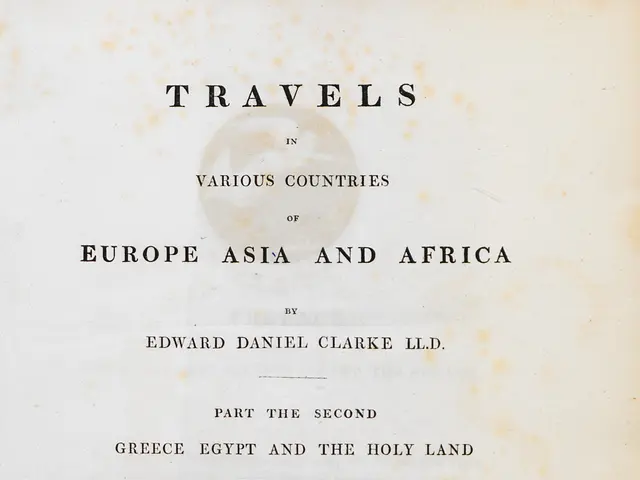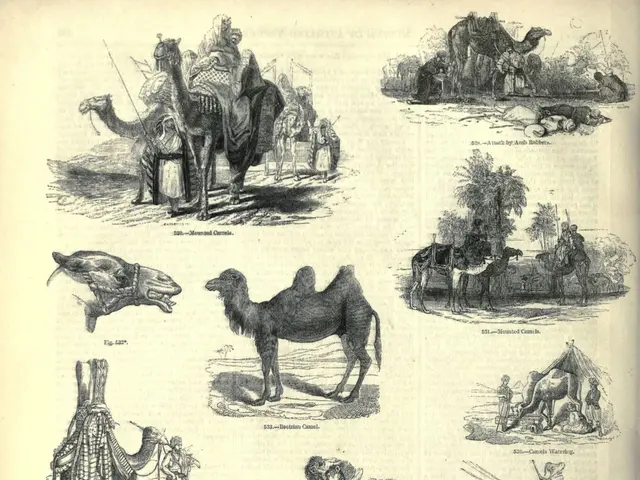Mexico Fails to Deliver on COP25 Hopes for Latin America (Part II)
Mexico, a country with a population of 127 million, 80% of whom live in cities, is grappling with the impacts of climate change on its transportation, water, and power infrastructure. As the 12th largest emitter of greenhouse gas emissions globally, the nation finds itself at a critical juncture in addressing this pressing issue.
While the Mexican Ministry of Environment demonstrates a general will to develop climate policy, political priorities often sideline these efforts, particularly in the energy sector where an increasing number of fossil fuel projects are being approved. This is a concern for many policy makers who are still skeptical about the man-made nature of climate change.
In an effort to address past human rights violations, new laws have been put in place to include social impact studies on all new fossil fuel or renewable energy projects. However, the big legal question remains how to agree on a standardized protocol for consultation processes with indigenous groups, a population disproportionately affected by climate change-related conflicts due to a lack of a legal framework to address them.
Indigenous communities are not adequately involved in consultation processes before infrastructure projects are approved, often due to authorities lacking knowledge of how to organize them. Concerns exist that the rights of indigenous groups do not provide enough protection against the weight of big industrial wind park interests.
The Mexican government agencies most active in supporting and implementing human rights related to climate change protection in international climate negotiations include the Ministry of Environment and Natural Resources (SEMARNAT) and Mexico’s delegation to the UN Framework Convention on Climate Change (UNFCCC). They often work in coordination with civil society organizations like Greenpeace and Amnesty International, advocating for climate change justice and human rights.
At the COP25, the hope is for a more ambitious Mexican climate change position and for climate change to be legally linked to human rights. The link between human rights and climate change is currently only mentioned once in the preamble of the Paris climate agreement, and it is desired to have this clearly stated in international law documents to facilitate implementation on national and local levels.
In response to the growing water problem in Mexico City, efforts are being made to diversify sources of fresh water and integrate water into a circular economy. Meanwhile, some municipalities are imposing new regulations for clean transportation and creating better conditions for renewable energies.
However, Mexico's current government is not making significant progress towards its pledge to reduce greenhouse gas emissions by 22% by 2030. Climate change education is not yet part of Mexico's educational system, which could be a crucial step in raising awareness and fostering a more sustainable future.
Rural areas in Mexico are experiencing temperature rises and irregular rainfall, negatively impacting the country's agricultural output, its third most important economic sector. Social and environmental conflicts related to climate change are on the rise, including direct human rights violations in renewable energy projects.
As Mexico navigates this complex landscape, it is clear that a comprehensive approach, involving all stakeholders and prioritising both the environment and human rights, is essential for a sustainable future.
Read also:
- Russia, according to Zelensky, lacks the prowess for launching another significant offensive.
- Russia's Latest Peace Proposals for Donbas: New Diplomatic Landscape Emerges amid Alaska Summit, Potentially Opening Ceasefire Opportunities
- Amidst India's escalating climate crisis, transgender individuals continue to persevere
- Contentious Discussion Surrounding the Movie Release of "Planet of the Humans"








